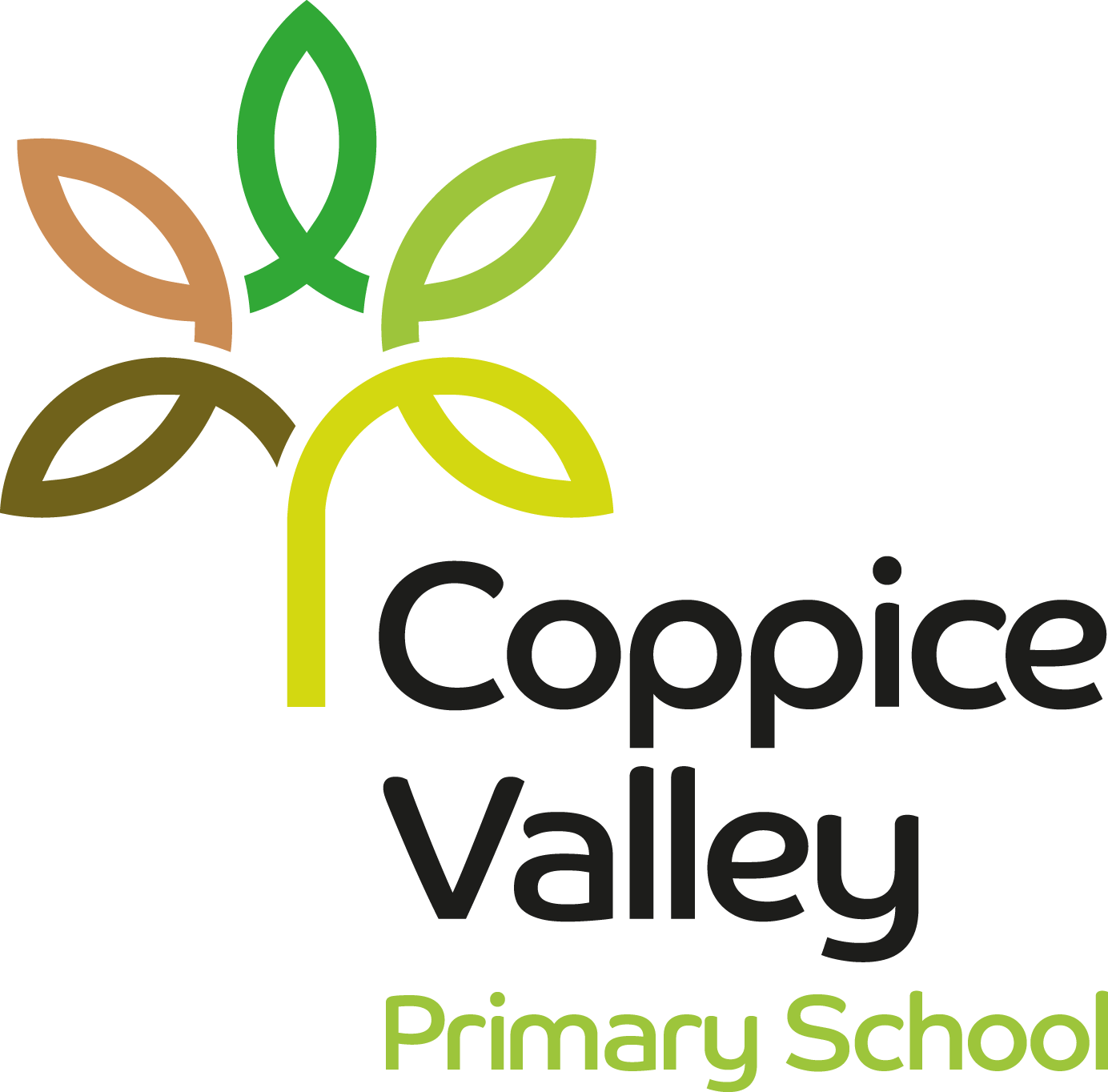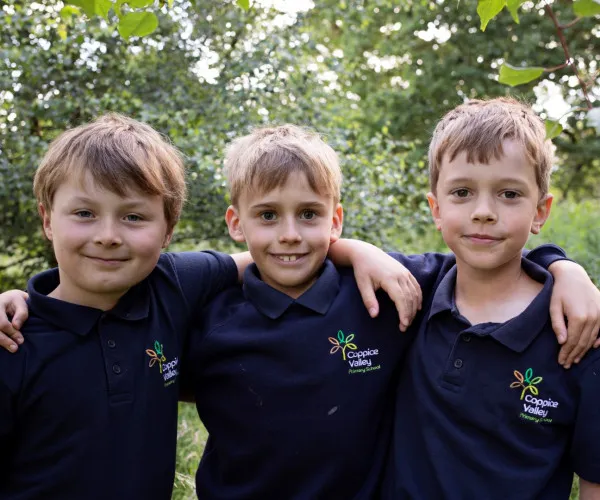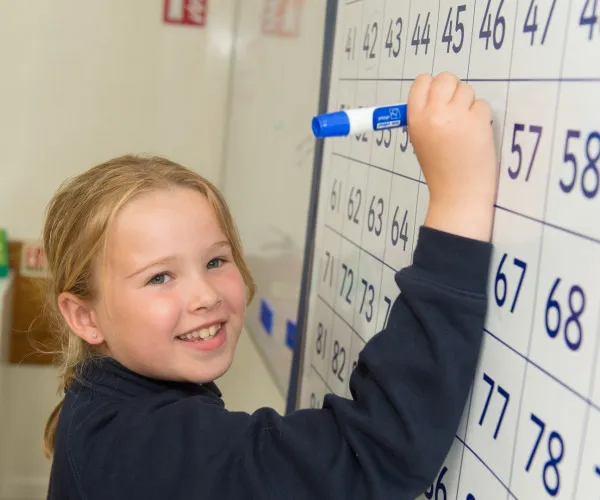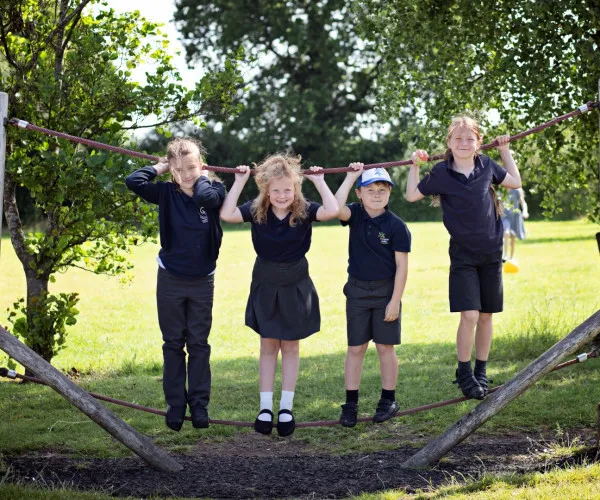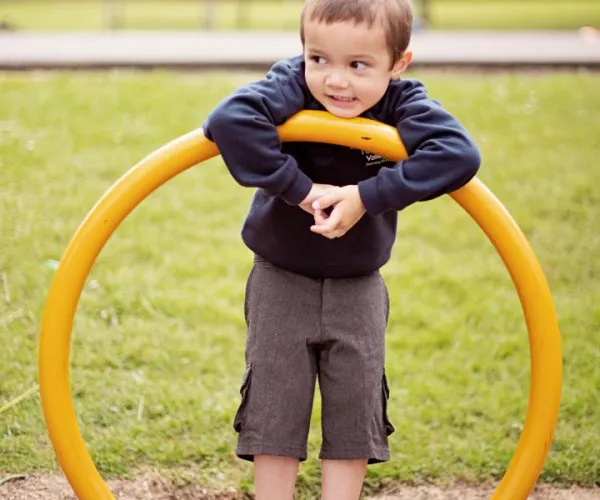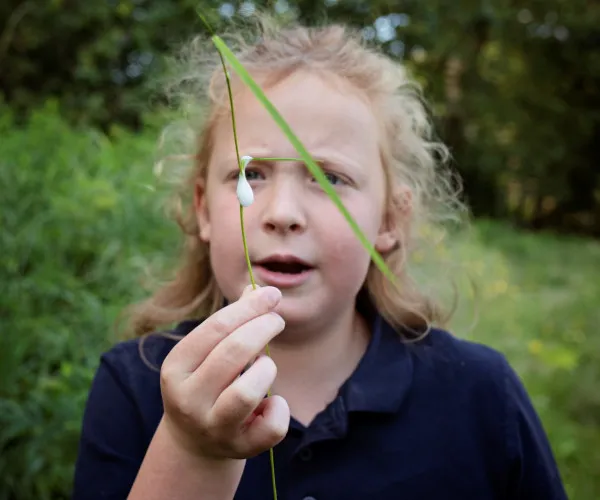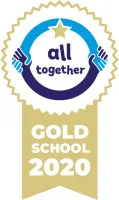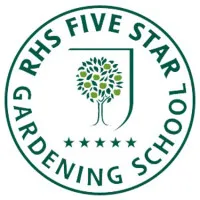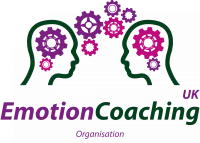Music
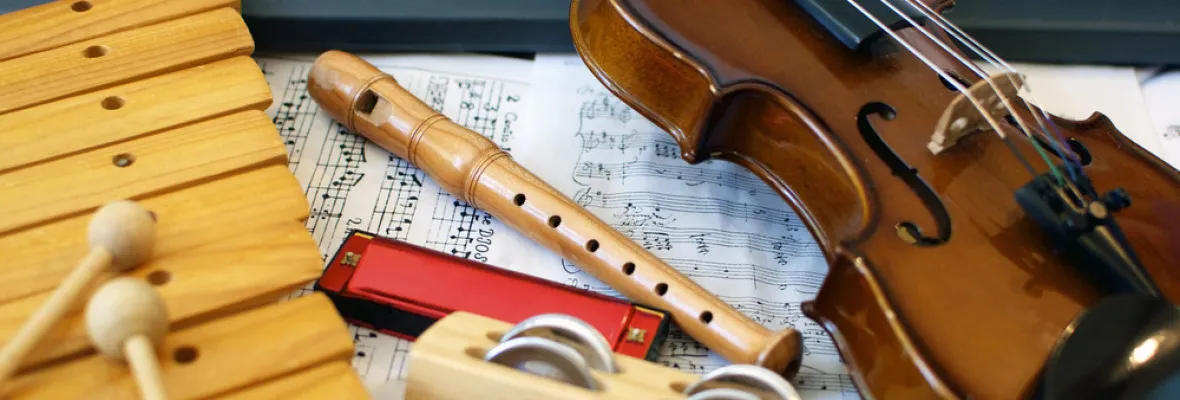
At Coppice Valley we offer children a stimulating music curriculum, accessible to all, capitalizing on the development of every child’s ability.
The enjoyment of music is promoted as well as learning about it and to create it, progressively building on children’s achievements, and skills. Pupils expand their vocabularies, as they progress, with technical music vocabulary. The National Curriculum is at the core our learning. Pupils learn to perform, listen to, review and evaluate music across a range of historical periods, genres, styles and traditions, including the works of the great composers and musicians. They learn to sing and to use their voices, to create and compose music on their own and with others. Pupils have the opportunity to use technology to create and record music. Children understand and explore how music is created, produced and communicated, including through pitch, duration, dynamics, tempo, timbre, texture, structure. Children learn appropriate musical notation. Pupils have the opportunity to sing in assemblies and join our Young Voices choir.
We recognise the value of quality music provision that can nurture every child and believe it should enable each individual to use their imagination and inspire creativity, take risks and extend their cultural understanding. Through planning enjoyable, memorable learning experiences, we aim to develop all individual’s spiritual, moral, social and cultural appreciation of music, its heritage and links to different cultures and traditions.
The skills pupils acquire are expressed in our topics, allowing children to use their music skills to reflect on and explore topics in greater depth; for example, in our Mexico topic pupils appreciate Mexican music and study musical notation, in year 2, pupils learn to play percussion, to improvise and use their voices musically.
Our music curriculum is also enhanced by trips and visitors. We have links with our local high schools who visit school with their bands to play for us and teach us more about instruments. We ensure all children visit the theatre and listen to live music at once in their time at Coppice Valley. The work of famous local, national and international musicians is explored to further enrich the children's SMSC learning.
Values Led-Learning
Brave: Children will challenge themselves to appreciate different types of music that may be unfamiliar to them. They will create musical pieces that allow them to express their learning in new ways. Pupils will be resilient as they endeavour to improve their work. They will work independently and in groups. They will develop sharp listening skills with an attention to detail. Children will be reflective enough to evaluate their own and others’ work, reflecting on how to develop their skills further.
Curious: Children will be creative and imaginative. They will explore a wide variety of music from different times and places. Children will become familiar with a wide range of famous musicians and styles and be able to describe the differences and similarities between them, making links to their own work. They will create music of their own.
Kind: Children will develop their spiritual, moral, social and cultural learning through musical appreciation and time for discussion and reflection. By deepening our children’s knowledge and skills in music, we will help them to understand how the world has grown and changed over time, the diversity of people’s lives and how this is often reflected in music.
Curriculum at each phase
In EYFS, children have opportunities to sing, explore sounds and dance and play to music. They learn how sounds can be changed, sing simple songs from memory, recognise repeated sounds and sound patterns and match movement to music. Children might also have the opportunity to compose using a variety of musical instruments. Children will be able to perform their compositions in the spotlight stage area of the outdoor provision.
In KS1, teaching focuses on developing a child's capacity to listen carefully and respond to a wide range of different kinds of music. Children play musical instruments and sing a variety of songs from memory, adding accompaniments and creating short compositions. Children also explore the way sounds and silence can create different moods and effects.
- Pupils will learn how sounds can be made, changed and organised in sequence to make music. Children will learn to:
- Sing with a sense of shape and melody.
- Use own voice in different ways, including using a loud or soft voice, and sing simple repeated phrases.
- Make sounds in different ways, including hitting, blowing and shaking.
- Carefully choose instruments to combine layers of sound, showing awareness of the combined effect.
- Listen to a piece of music, identifying if it is fast or slow, happy or sad.
- Identify the difference between rhythm and pulse.
- Explain what they like or dislike about a piece of music and why.
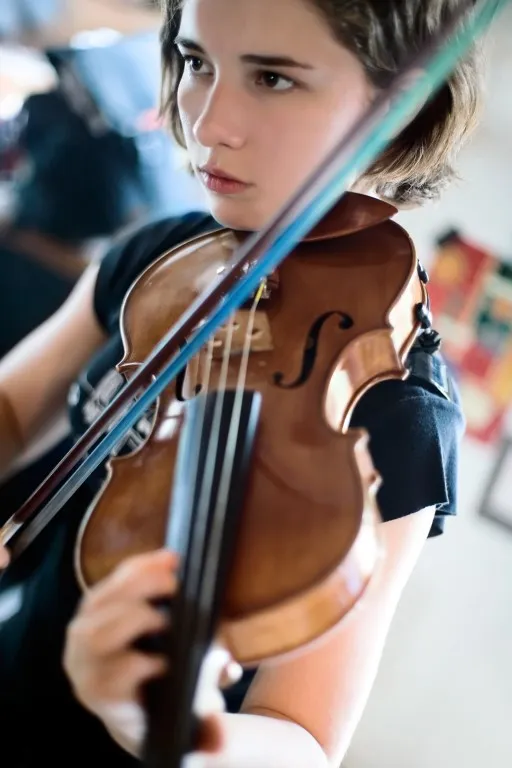
In Key Stage 2 pupils revisit key knowledge and skills learned in KS1, several times across the key stage. For example, work on rhythm from KS1 is developed into rhythmic patterns with timbre in KS2. Children learn to contribute to a group or class performance. Pupils are encouraged to be aware of how sounds are combined and how they relate to each other. Children hear a variety of music and stimuli to help them to improvise and develop their own musical compositions with increasing independence and creativity. Pupils will learn to:
- Sing songs confidently both solo and in groups.
- Perform own part with increased control or accuracy when singing or playing both tuned and untuned instruments.
- Perform significant parts from memory and from notation, either on a musical instrument or vocally.
- Create simple rhythmic patterns with an awareness of timbre (quality of sound) and duration (length of notes and intervals)
- Identify how sounds can be combined and used expressively, layering sounds and singing in tune with other performers.
- Take the lead in performances and provide suggestions to others.
- Create and repeat extended rhythmic patterns, vocally or by using clapping.
- Shape composition, considering dynamics, timbre and tempo.
- Improvise and notate musical phrases to develop compositions.
- Explain how different musical elements (pitch, tempo, rhythm, melody and dynamics) have been used to create mood and effects.
- Compare and contrast two pieces of music on the same theme.
- Use written symbols both standard and invented to represent sounds.
- Recall sounds with increasing aural memory.
- Maintain a simple part within an ensemble.
- Identify and explore the relationship between sounds and how different meanings can be expressed through sound and music.
- Use standard and invented symbols to represent sounds.
- Perform from simple notation on tuned / untuned instruments.
- Use/understand staff and use unconventional notation when composing.
- Use relevant musical vocabulary (pitch, rhythm, pulse and tempo) when talking about the elements of music within a piece.
- Describe, compare and evaluate different kinds of music using appropriate musical vocabulary.
- Appreciate and listen to music drawn from different traditions, cultures and composers
- Explain how a piece of music makes them feel, making an attempt to explain why.
- Describe how music can be used to create expressive effects and convey emotion.
- Listen to and comment on the work of musicians and composers, indicating own preferences.
